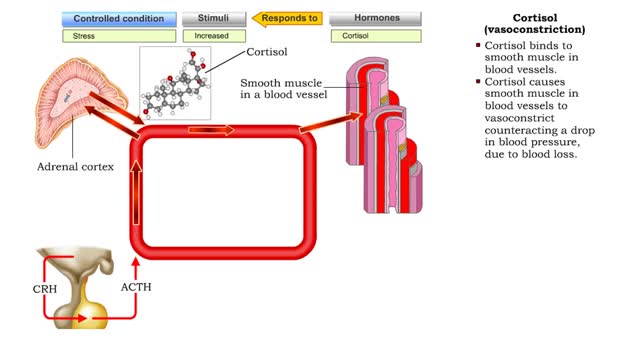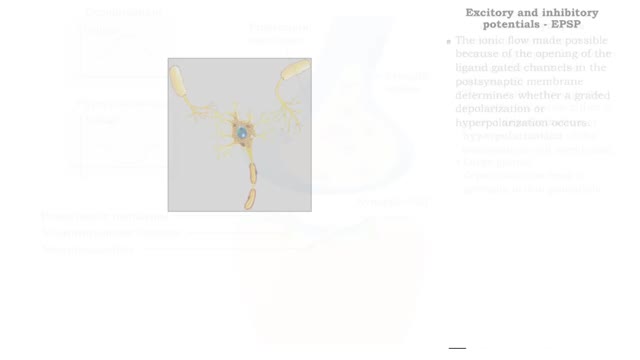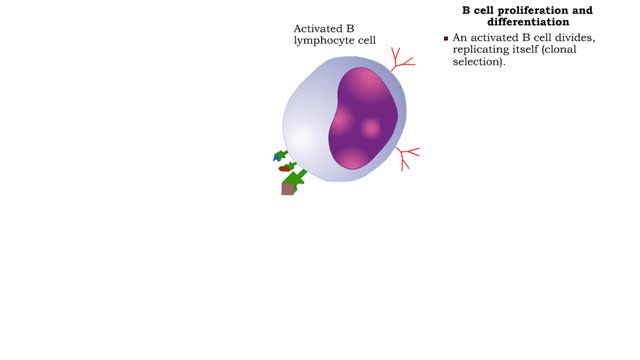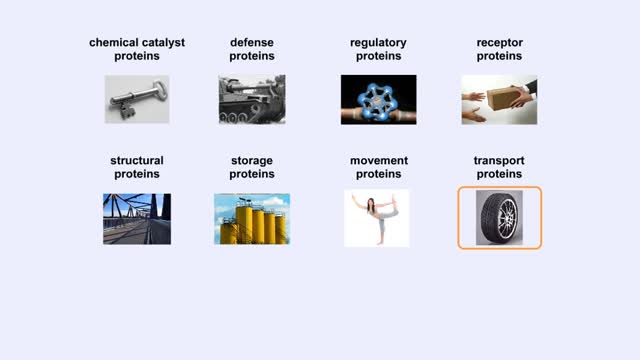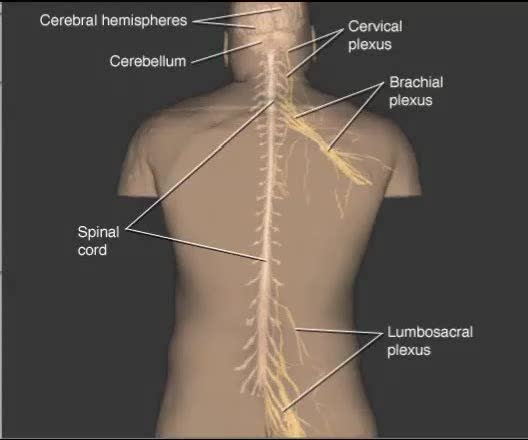Search Results
Results for: 'vasoconstricting chemicals'
Cortisol (protein catabolism, gluconeogenesis, vasoconstriction & anti-inflammation)
By: HWC, Views: 10678
• Stressors stimulate production of hypothalamic releasing hormones, corticotropin releasing hormone, hormone (CRH) and adrenocorticotropic hormone (ACTH) stimulate. • These hormones promote increased production of 1 cortisol from the zona fasciculata cells of the adrenal cortex. • Cort...
Neurotransmission at chemical synapses & Excitory and inhibitory potentials
By: HWC, Views: 10894
• A series of events occur at chemical synapses in order to communicate with the adjacent cell. • The action potential arrives at the presynaptic membrane. • The depolarization phase of the action potential opens voltage gated Ca+ channels. • increased inflow of Ca+' into the cyto...
By: HWC, Views: 11768
What Are Antibodies? Antibodies, also known as immunoglobulins, are Y-shaped proteins that are produced by the immune system to help stop intruders from harming the body. When an intruder enters the body, the immune system springs into action. These invaders, which are called antigens, can be vi...
How proteins function? How do proteins work?
By: HWC, Views: 10598
How proteins function is really about how proteins "do work" in cells. How do proteins work? Let's start thinking about protein function by looking at something important to you: your hair. Keratin is a structural protein that is composed of 2 intertwined or helical strands. Keratin is also f...
Components of the Nervous System
By: Administrator, Views: 535
The nervous system is the part of an animal that coordinates its actions by transmitting signals to and from different parts of its body. The nervous system detects environmental changes that impact the body, then works in tandem with the endocrine system to respond to such events. Nervous tissue...
Advertisement



